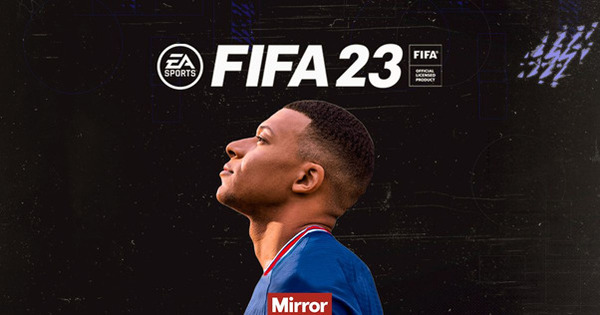Advertisement
Popular Now
Introduction
As one of the most popular sports video game franchises, FIFA 23 continues to draw millions of players each year. The allure of building dream teams and competing in realistic football matches captivates both casual and hardcore fans. However, a significant issue has emerged within the game: the implementation of microtransactions, particularly through the Ultimate Team mode. While these transactions can enhance the gaming experience, they also raise ethical concerns and impact player enjoyment. This article will explore the complexities of microtransactions in FIFA 23, examining their evolution, effects on gameplay, community reactions, and potential solutions to create a more balanced experience.
The Evolution of Microtransactions in Gaming
The Rise of Microtransactions
Microtransactions, which allow players to purchase in-game items or advantages with real money, have become a common practice in the gaming industry. Initially introduced as a way to offer cosmetic items, this model has evolved to include gameplay-affecting purchases, leading to growing scrutiny from players and critics alike.Microtransactions in FIFA
The FIFA franchise adopted microtransactions with the launch of Ultimate Team, a mode that allows players to build their own teams using player cards. Over the years, the system has expanded, introducing various purchasable packs that promise to provide rare players and items. As the microtransaction model grew in popularity, it became clear that players could significantly enhance their teams by spending real money, raising questions about fairness and competition.The Mechanics of Ultimate Team
How Ultimate Team Works
In Ultimate Team, players can earn coins through matches, completing objectives, and participating in events. These coins can be used to buy player packs or the transfer market to acquire new players and items. However, players can also choose to spend real money to purchase FIFA Points, which can be converted into packs, giving them an edge in building competitive teams.The Pack System
The pack system is at the heart of the controversy surrounding FIFA 23. Packs contain randomized player cards, with some being highly sought after due to their in-game performance. The thrill of opening packs can lead to a gambling-like experience, where players chase the excitement of obtaining rare items. This unpredictability can create a compelling cycle, encouraging players to spend more money in hopes of getting better rewards.The Impact of Microtransactions on Player Experience

Competitive Balance
One of the most significant issues with microtransactions in FIFA 23 is their impact on competitive balance. Players who spend money can acquire stronger teams more quickly, giving them an advantage over those who choose to play for free. This disparity can lead to frustration among players who feel that skill is overshadowed by spending, detracting from the competitive spirit of the game.The Psychological Toll
The psychological effects of microtransactions can also be profound. Players may feel pressured to spend money to stay competitive, leading to a cycle of compulsive spending. The excitement of opening packs can create a dopamine rush, similar to gambling, which may compel players to continue investing money despite negative consequences. This dynamic can result in financial strain and dissatisfaction with the game.Community Reactions: Divided Opinions
Support for Microtransactions
Some players argue that microtransactions are a valid method for developers to fund ongoing game development and support. They appreciate the option to enhance their experience, viewing it as a way to access exclusive content. For these players, microtransactions provide flexibility and a means to customize their teams more effectively.Opposition to Microtransactions
Conversely, a large portion of the community strongly opposes microtransactions in FIFA 23. Many players feel that the system creates an unfair playing field and commodifies the experience. Critics argue that essential game features should not be locked behind a paywall, and they express frustration over the pressure to spend money to compete at higher levels. This division within the community has sparked heated debates, with players calling for changes to the microtransaction model.The Ethical Debate: Pay-to-Win vs. Fair Play
The Pay-to-Win Argument
The most contentious aspect of microtransactions in FIFA 23 is the notion of "pay-to-win." Critics argue that players who invest money into FIFA Points can build superior teams, leading to a scenario where success is more about spending than skill. This undermines the essence of competitive gaming and raises ethical concerns about fairness.The Developer's Perspective
From the developer's standpoint, microtransactions are a necessary revenue model that allows for continued updates and improvements. They argue that the option to purchase packs is purely optional, and players can still enjoy the game without spending money. However, this perspective can often clash with player experiences, as many feel that the core enjoyment of the game is compromised by the pressure to spend.The Regulatory Landscape


















